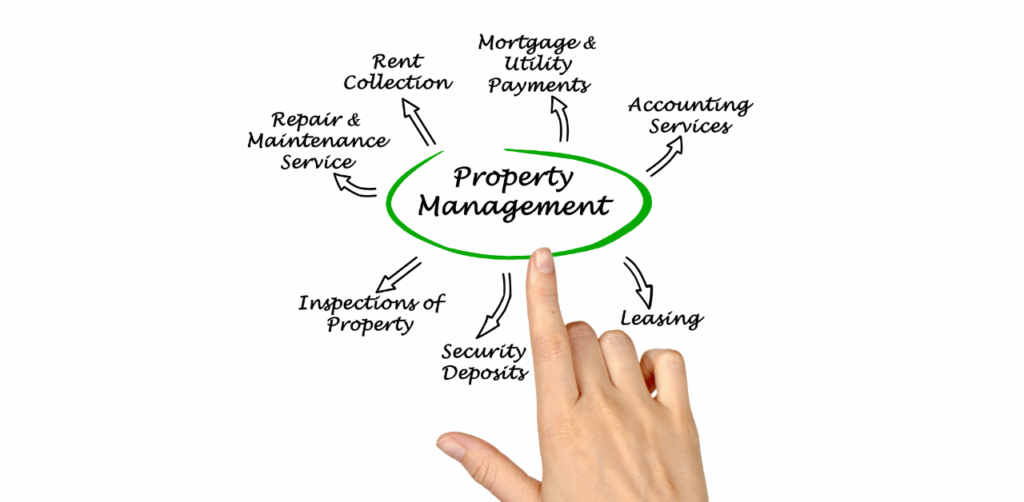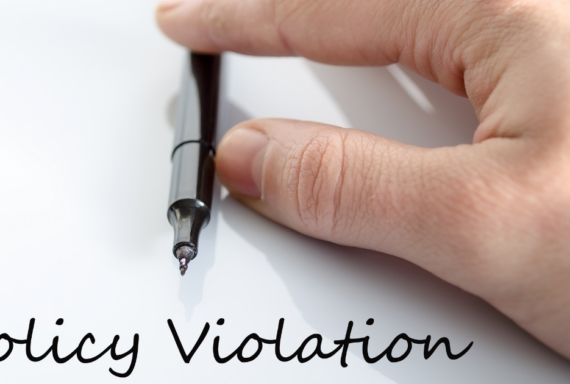
Homeowners associations (HOAs) play a big role in many communities nationwide. They enforce rules, maintain common areas, and maintain property values. However, for many homeowners, HOA boards have too much control over what they can and can’t do with their own property. From setting community rules to levying fines and even placing liens on homes, the power of these private entities often feels overwhelming.
So why do HOAs have so much power? It all comes down to their governing documents, state laws, and the authority granted to them by real estate developers when a new subdivision is built. These associations operate as private governments, setting rules that property owners must follow—even when those rules impact things like solar panels, parking in your own driveway, or the color of your front door.
This blog discusses the origins of HOA power, the role of board members, and how property owners can challenge unfair regulations.
The Role of Governing Documents in HOAs
Governing documents are the backbone of homeowners associations, providing a clear framework for their operations and governance. These documents include:
- Bylaws
- Covenants
- Conditions
- Restrictions (CCRs)
- Other rules and regulations dictate how the HOA’s governing documents function and what is expected of homeowners.
Legally required bylaws form the foundational framework guiding the HOA’s daily operations and governance, detailing board member elections, meeting protocols, and member responsibilities. Without clear bylaws, an HOA may face organizational and communication challenges.
CCRs contain enforceable rules to protect, preserve, and enhance property values, covering issues from assessments to noise regulations. Amendments usually require significant resident consensus, often needing a two-thirds or three-quarters majority vote.
Regular updates to bylaws ensure they meet changing community needs, comply with legal requirements, and improve governance practices. Outdated or vague rules can frustrate residents, making periodic updates crucial for community satisfaction.
Enforcement Mechanisms Used by HOAs
Homeowners associations have a range of enforcement mechanisms at their disposal to ensure compliance with community rules. These mechanisms include:
- Imposing fines
- Revoking amenity access
- Taking legal action against homeowners who violate the rules
Fines can accumulate daily until a rule violation is resolved, and additional charges may be incurred for actions taken by the HOA to address the violation. The authority to impose fines and enforce rules is defined in the HOA’s governing documents, ensuring that the process is fair and transparent.
HOAs commonly use fines, liens, and potential legal actions like foreclosures as enforcement tools. For instance, an HOA can impose a lien on a property to ensure the payment of overdue fines or legal fees related to violations. Community management companies often play a crucial role in enforcing these rules and ensuring compliance among residents.
HOA rule enforcement maintains community order and ensures adherence to established standards, thereby upholding the community’s quality and desirability.
Property Management Companies and Their Impact

Third-party management companies often manage homeowners associations, taking responsibility for various operational tasks. These companies enforce rules and can recommend attorneys, association fees, and fines to the HOA board.
Property management companies handle tasks that HOA boards may lack the time or expertise to manage, such as vendor coordination for maintenance and essential services, thereby maintaining the community’s aesthetic and operational standards.
These firms also assist in enforcing the payment of fines and legal fees related to community rules, ensuring that homeowners comply with the established regulations. Changes in property managers can affect rule enforcement and the structure of fines within an HOA, making the choice of management company crucial for the community’s well-being.
Financial Authority of HOAs

Homeowners associations have considerable financial authority, primarily derived from the regular payments made by homeowners to fund community maintenance and operations. These payments, known as HOA dues, are calculated by estimating the total expenses for the year and dividing that amount by the number of homeowners.
Special assessments may be imposed when the HOA faces financial shortfalls due to unexpected costs or homeowners’ defaults on regular dues. These one-time fees cover expenses that exceed the regular budget, ensuring that the community’s needs are met.
HOA fees fund routine operational costs like:
- Landscaping
- Utilities
- Maintenance of communal amenities
Reserve funds are established for long-term repairs and replacements, ensuring financial readiness for major future expenses.
Financial mismanagement can erode residents’ trust and lead to legal issues. The elected board must make sound financial decisions, directly affecting property values and the community’s overall well-being.
Common Challenges Faced by Homeowners
Homeowners associations (HOAs) regulate many communities, enforcing rules and managing shared spaces. While they help maintain property values, they also present challenges for property owners.
- Strict and sometimes unreasonable rules: HOAs enforce rules on everything from home appearance to parking, sometimes restricting solar panels, fencing, or even how homeowners use their own driveway.
- High and rising HOA Fees: Homeowners must pay assessments, which can increase unexpectedly, along with special assessments for major repairs, creating a financial burden.
- Fines and liens for violations: HOAs levy fines for rule violations, and unpaid fees can lead to liens, making it difficult for homeowners to sell or refinance their property.
- Lack of transparency in financial management: Some HOAs fail to provide transparent financial statements, leaving homeowners questioning how their association fees are spent.
- Disputes with the HOA board and property managers: Volunteer homeowners often serve as board members, and conflicts arise when they enforce rules unfairly or ignore community concerns.
- Legal and Bureaucratic Headaches: HOAs operate as private governments, and challenging unfair policies can require costly legal action and attorney fees.
- Discrimination and Selective Enforcement: Some HOAs enforce rules inconsistently, leading to concerns about discrimination based on factors like sexual orientation or personal relationships.
- Limited Homeowner Rights and Input: Homeowners must follow community rules but often have little say in decision-making, especially when board members hold so much power.
- Challenges for Prospective Buyers: New owners may face unexpected HOA fees, restrictions on renting out properties, or unpaid fees from previous owners.
- Enforcement That Feels Overreaching: HOA’s power extends to personal property, enforcing rules that can change frequently, requiring constant compliance.
How Homeowners Can Influence HOA Decisions
Homeowners have several ways to influence HOA decisions and ensure their interests are represented. Participating in board elections empowers homeowners to select leaders who align with community interests. Attending meetings and directly raising concerns to the board ensures that the board is aware of homeowners’ issues and can address them appropriately.
Furthermore, collective action among homeowners can strengthen their voices when advocating for changes within the homeowner association and common interest communities. By banding together, homeowners and community members in the housing community can push for amendments and improvements that benefit the community as a whole.
Active participation in community governance is crucial. Homeowners can significantly influence HOA decisions through involvement in various committees and initiatives, ensuring that their voices are heard and their interests are protected.
Protecting Your Rights and Property with the Right Guidance from a Property Manager
Homeowners’ associations (HOAs) hold significant power, often dictating everything from landscaping rules to parking restrictions. Their authority stems from legally binding agreements, giving them control over community regulations. While HOAs can maintain property values and neighborhood aesthetics, they sometimes overreach, leading to disputes and frustrations for homeowners.
If you’re facing HOA challenges or need help managing a property within an HOA community, Faranesh Real Estate and Property Management can help. We provide expert guidance on HOA compliance, disputes, and property management. Contact us today to ensure your rights and property interests are protected.




